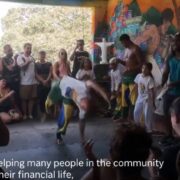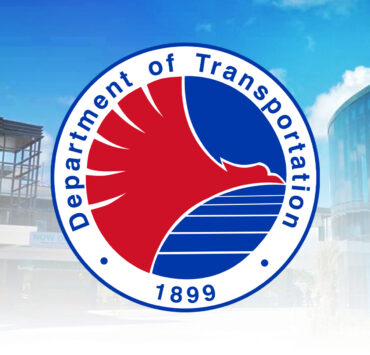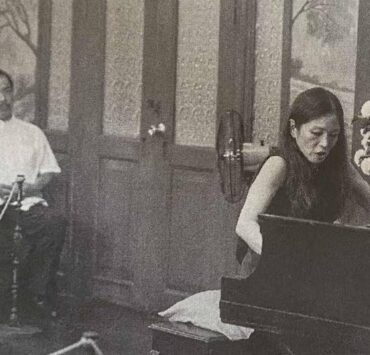Forum: Cory’s leadership values, and making them the norm again
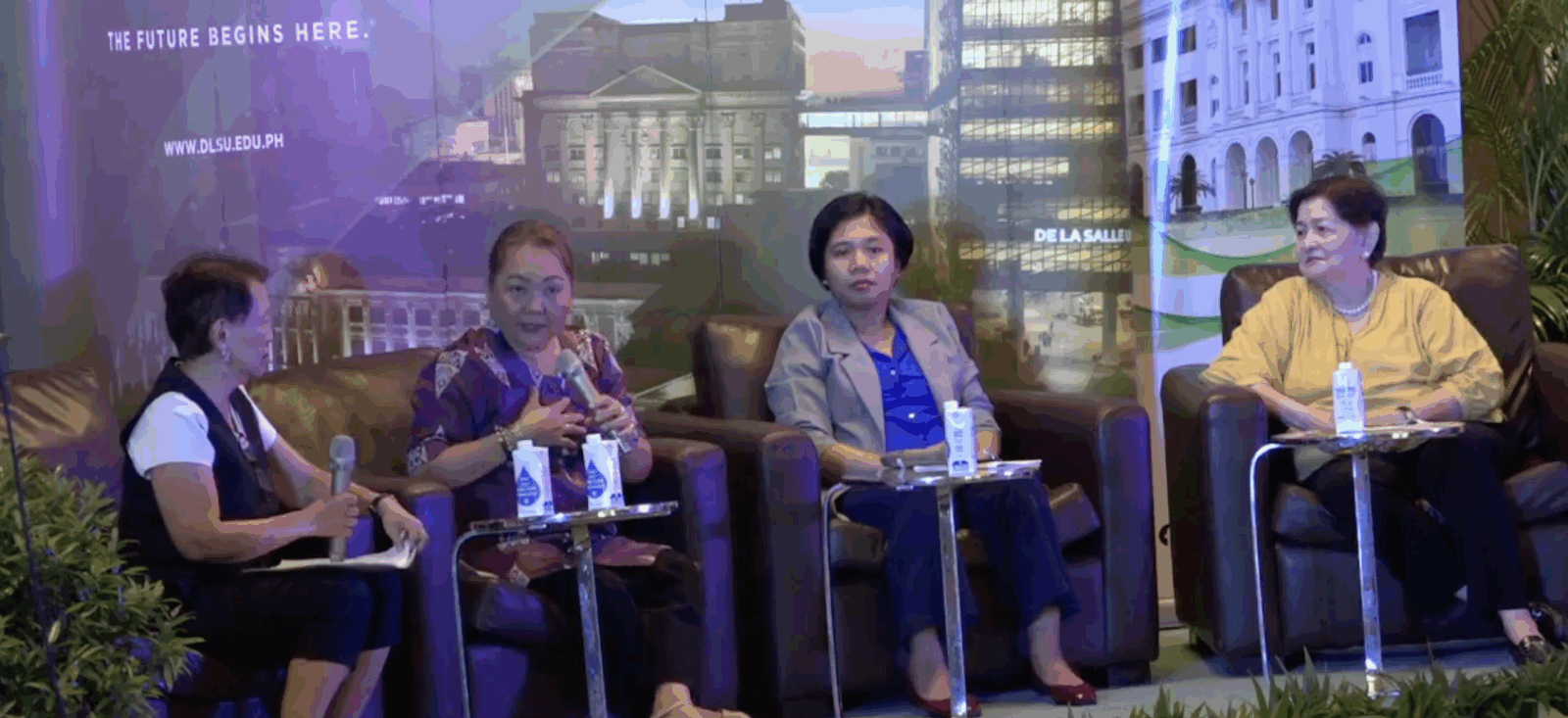
As allegations of massive corruption especially in public works put the administration of President Marcos to the test, an inaugural forum celebrating the legacy of Corazon C. Aquino—the woman who ended his father’s dictatorship—urged a return to the values that defined her leadership: integrity, humility, and “delicadeza” or propriety.
Held on Thursday at De La Salle University (DLSU), the President Corazon Cojuangco Aquino Forum on Women in Leadership gathered women leaders, including Aquino’s former presidential appointments secretary Margie Juico, Dinagat Islands Rep. Arlene “Kaka” Bag-ao and Magallanes Vice Mayor Aina Marie Sisante Maligalig. Also present via Zoom was former Commission on Audit (COA) commissioner Heidi Mendoza, who cited the late democracy icon’s example as a benchmark for ethical and conscientious leadership.
Unlikely leader
Organized by the Ninoy and Cory Aquino Foundation and the Jesse M. Robredo Institute of Governance, the forum sought to revisit the moral and democratic legacy of the country’s first female president nearly four decades after the 1986 Edsa People Power Revolution.
Dr. Raymond Girard Tan, DLSU vice president for research, said the forum hoped to inspire a “trend toward a more desirable direction … where ethical public service is the norm rather than the exception.”
Aquino, who served as president from 1986 to 1992, was swept into power by the peaceful revolution that toppled the Marcos dictatorship. Initially dismissed by the regime as an inexperienced challenger to Ferdinand Sr., the widow of slain opposition leader Benigno “Ninoy” Aquino Jr. would prove doubters wrong as a galvanizing force.
She became a “reluctant leader” who chose duty over comfort at a time when the nation was searching for its moral center, Juico said.
“It’s about saying yes to duty, even when your knees are shaking,” said Juico, who worked alongside the late president from 1986 until her death in 2009. “She herself had not planned to lead a revolution, let alone a country.”
She recalled how, even when she became president, Aquino refused to indulge in the trappings of power: she lined up at airports, paid for her meals, and asked only three questions before making decisions: “Is it right? Is it decent? Is it good for the majority of Filipinos?”
This was especially important, she said, because after the Marcos regime fell, Aquino was basically vested with both executive and legislative powers via the interim Freedom Constitution (1986-1987)—“making her practically a dictator, one as powerful as Marcos Sr.”
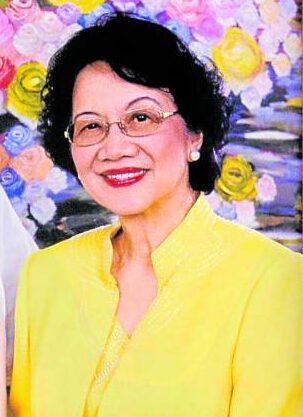
Leadership lessons
Aquino, however, limited her own power by immediately constituting a commission that would craft the 1987 Constitution, one that established three coequal branches of government. “This summed up her concept of governance, which makes her a true democrat of the first order,” Juico said.
Aquino’s “quiet courage” inspired generations of women and reformists like Mendoza, who began as an ordinary government employee. While serving as COA auditor in the early 2000s, she discovered massive irregularities in military funds involving Maj. Gen. Carlos Garcia, then Armed Forces of the Philippines comptroller.
She testified before the Sandiganbayan and the House of Representatives in 2011, helping secure Garcia’s conviction in 2022.
“A lot of people tell me I could just live a quiet life. Why bother? But maybe because of my deep admiration of the life and example of our former president, I was able to do the right thing even if it was hard,” Mendoza said.
This fueled her senatorial run in the 2025 midterm elections, where she placed 21st with eight million votes despite limited campaign funds. For her, the greatest lesson from the Aquino years was that “real leadership was not about command and control, but about character and conviction.”
This lesson is also what drives the new crop of female leaders.
Untainted by corruption
Maligalig, born in 1987, said Aquino’s life and leadership opened the path for women to serve in government. She added that Aquino’s integrity remains a rare example of public service guided by moral clarity. “It’s something that people don’t talk about much today, but when you see what’s happening around us, you realize it’s what we need the most—a leader whose character can be our example, someone we can be proud of because she was never tainted by corruption,” she said.
She added that Aquino’s delicadeza and decency should be the standard: “We need leaders who aren’t driven by entitlement or privilege. We need leaders who carry themselves with decency and propriety, who use their positions not to serve their own interests but the interests of the public.”
Struggle continues
These reflections resonated with Bag-ao, who was a human rights lawyer before entering Congress. She represented the Sumilao farmers in their 1,700-kilometer march from Bukidnon to Malacañang—one of the most iconic land reform struggles of the post-Edsa era.
She considers it a “defining moment” that taught her what true representation means. It also inspired her to run for Congress in 2013 and end the entrenched “cult-like” dynasty of the Ecleo clan and their Philippine Benevolent Missionaries Association in Dinagat Islands, which only became a separate province from Surigao del Norte in 2006.
Over a decade later, Bag-ao said the struggle for genuine governance remains unfinished. “It’s still frustrating knowing that you’re still going home to the same conditions in the province,” Bag-ao said. “Then you go to Manila, where trillions lost to flood control projects greet you. You start to ask yourself: Where did development go?”
“That’s our challenge today: how to make sure that the spirit of democratic spaces that has been created (by Edsa) and the movement would not fade away,” she added.













